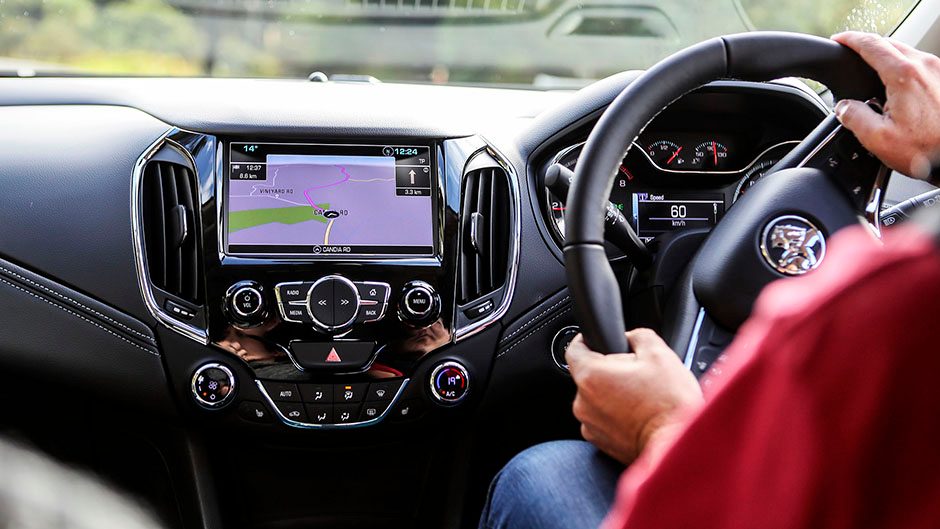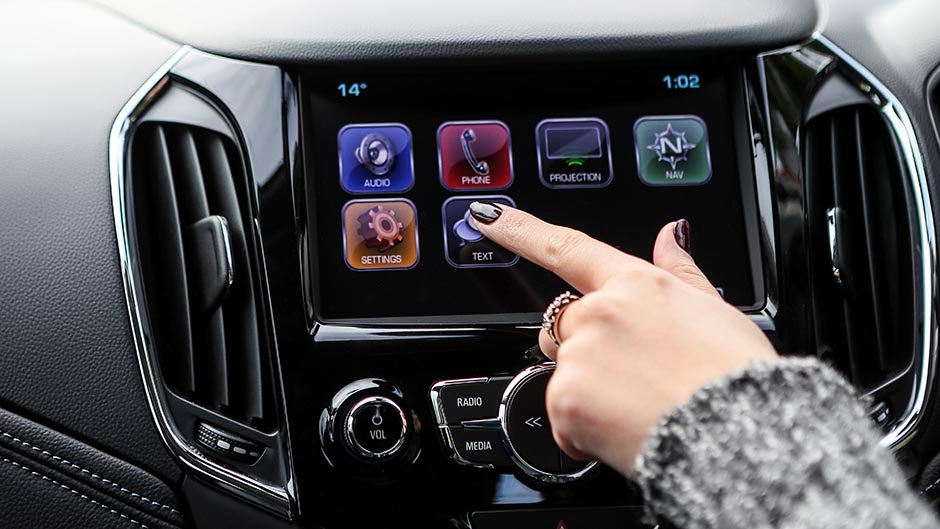So there’s been a bit of an uptick in sedan demand which is one reason Holden is now offering Astra in both hatch and sedan styles.
While both utilise the same new lightweight Delta chassis, there are differences. For the sedan is based on the global Chevrolet Cruze which is built in South Korea. And there are design and styling departures too, largely undertaken by GM Australia staff, the sedan fascia and grille taking on more of a generic Holden appearance.

Engineering changes have also resulted in a more softly-softly approach to the sedan, whereas the firmer hatch is optimised for the sportier driver. The sedan misses out on the higher output 1.6 turbopetrol engine, utilising the entirely adequate 1.4T version instead. This new unit generates slightly more power than the former 1.4, and critically it’s pushing far less weight thanks to the adoption of the new stronger and lighter D2 platform. Where former Cruze used to weigh in at over 1500kg, the Astra sedan is a far more petite 1300kg.
That makes quite a difference to performance too; a sprint time of 8.7sec is backed up by an overtaking time of 5.7sec. Whereas you always needed to push the 1.4T engine in Cruze, the Astra sedan is much easier going, and the turbo pulls well from genuinely low revs in urban situations. Out of town it’s brisk using just middling revs and that keeps fuel consumption in check. We saw a best in the mid-sixes – the lab figure is 6.1L/100km – and it seldom hit double figures, aided by a Cd of 0.295. It looks pretty sleek too, our LTZ range topper ($38,490) finished with 18-inch alloys, and chrome trim outside and in. The top model also gets a sunroof, heated leather seats, comfort entry, and projector beam headlights (self-dipping) along with LED daytime running lights.
On the safety front, while Astra sedan achieves a five-star ANCAP rating, there’s no autonomous emergency braking and cruise isn’t active but our LTZ had blind spot and lane departure warning, lane keeping, along with ABS, ESP and torque vectoring by brake.

Handling in the hatch is favoured over ride, especially in the top model, but here it’s the opposite. There’s no Watts link at the rear of the sedan, just a compact torsion beam. So it’s not quite as secure and tied down in corners as the hatch, but it’s sharp enough, and the ride is plusher for sure. On the Kumho rubber there’s a bit more road roar than you’d expect, in cabin dBs averaging 73.4. That means it’s a tad rowdy over the worst chip seal surfaces. Perhaps a greater reliance on hard cabin plastics is partly to blame.
The sedan seems roomier in the rear than the hatch and there’s a pile of luggage space, 445L, up 85L on the five-door, even if the boot entrance is meaner.
Overall, this is easier going than Astra hatch, and plenty roomy. It’s also less expensive across the range, though the five-door will still outsell it 3:1.
| Model | Holden Astra LTZ sedan | Price | $38,490 |
| Engine | 1399cc, IL4, T/DI, 110kW/240Nm | Drivetrain | 6A, FWD |
| Fuel Use | 6.1L/100km | C02 Output | 141g/km |
| 0-100km/h | 8.68sec | Weight | 1314kg |


